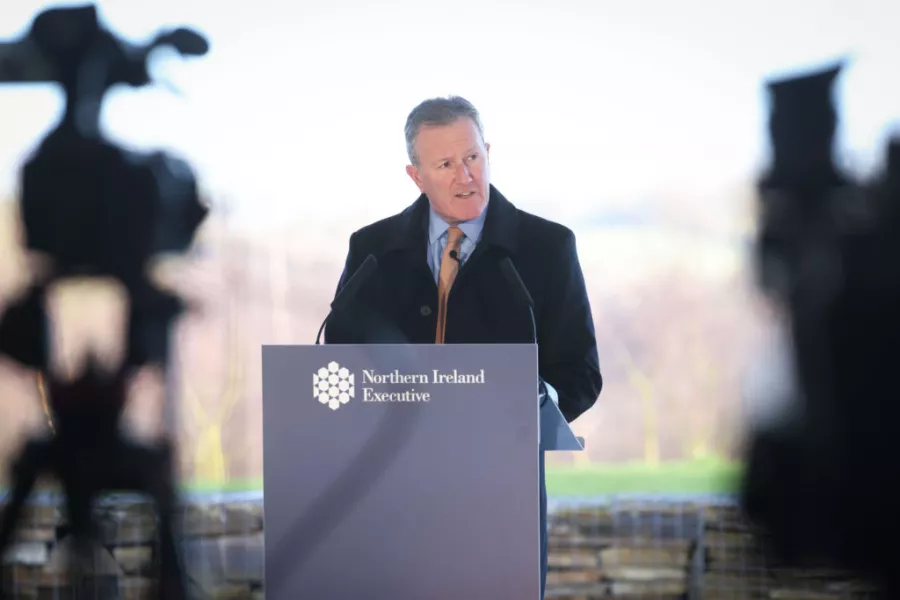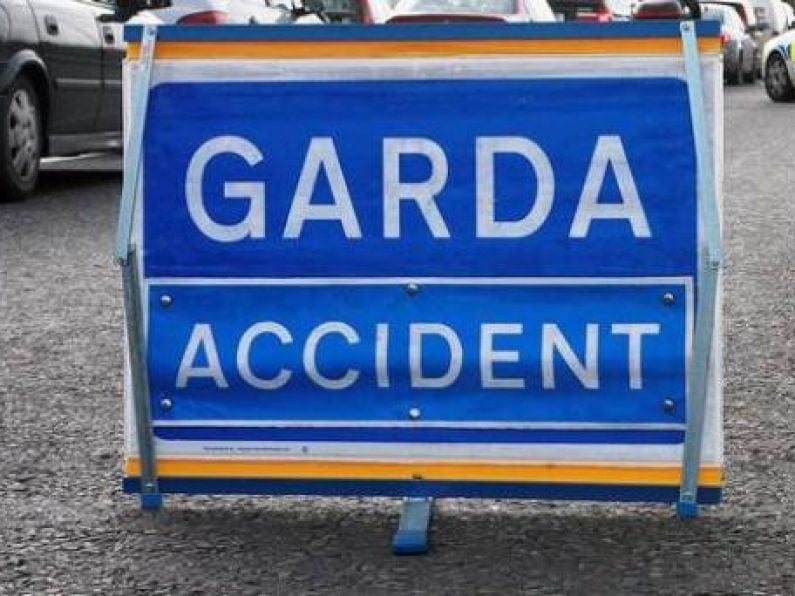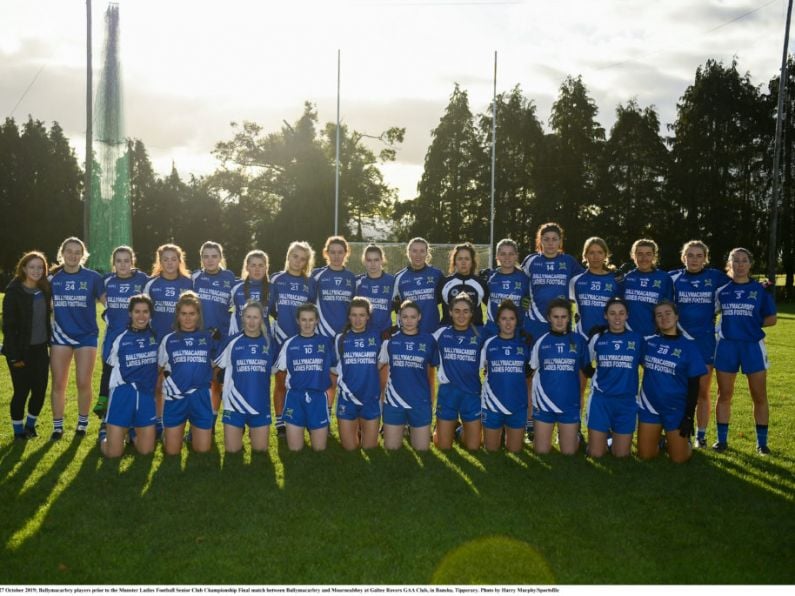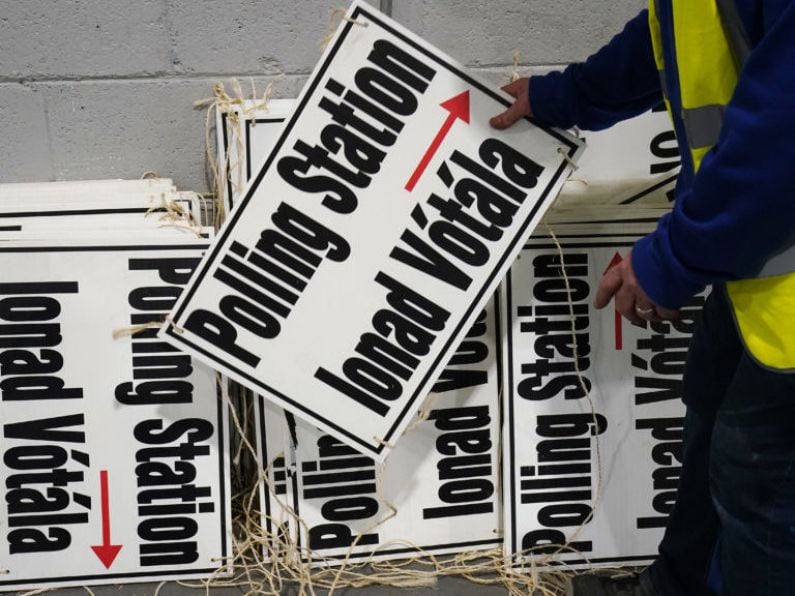
By Michelle Devane, PA
Sinn Fein and the DUP have been criticised over the failure to agree a final budget for Northern Ireland in the new financial year.
The SDLP said the two parties had been “haggling” over the budget for weeks and that it highlighted Conor Murphy’s “shambolic tenure” in office, while the UUP said it was caused by “internal feuding” between Sinn Féin and the DUP.
Stormont’s Finance Minister Mr Murphy has blamed DUP leader Arlene Foster for blocking the final budget. He said it will affect his department’s ability to make financial plans.
But the DUP said there is a need for movement on significant issues such as the funding of victims’ payments and the commitment to additional police numbers being met.
In a letter to ministers on Wednesday, Mr Murphy said despite his “best endeavours” Ms Foster had not agreed to my Executive paper on the final Budget 2020-21 paper being tabled for Executive consideration.
The Sinn Féin politician said he had presented a draft budget to the Assembly on January 18th and that it was open for public consultation until February 25th.
After that, the minister said he circulated a paper to executive ministers on March 15th setting out his proposals for a final budget and that since then he had made a number of changes to address issues raised by Executive colleagues.
“I fully anticipated that these relatively minor adjustments would be sufficient to achieve Executive agreement to the final Budget position,” he said.
“Although the paper has been agreed by the deputy First Minister, the First Minister has not agreed to the paper being tabled for Executive consideration.
“I am of course extremely concerned that due to the decision not to allow this paper to be considered by the Executive I have, through no fault of my own, been placed in the position of breaching the requirement of the Section 64 of the Northern Ireland Act 1998 to lay a draft budget before the beginning of the financial year.”
He added that it was also of “grave concern” that the failure to agree a Budget will impact on departments’ ability to plan effectively.
Victims payments
DUP North Antrim MLA Paul Frew, who sits on the finance committee, said: “The Finance Minister is charged with bringing forward proposals which can garner support from a five-party Executive, not simply with indulging his own or his party’s wishes.
“There is a need for movement on significant issues such as the funding of victims payments, where the Finance Minister must also pay regard to the ruling of the courts in this area.
“All parties should also want to see the commitment to additional police numbers met and the Finance Minister needs to ensure that he steps up to that.
“No one is pretending that bringing forward budget proposals within a multi-party Executive is easy, but it has been a task successfully achieved by most of Conor Murphy’s predecessors.”
SDLP finance spokesman Matthew O’Toole described Mr Murphy’s statement as a “cynical attempt” to cover up yet another error during his “shambolic tenure as Finance Minister”.
The South Belfast MLA added: “Sinn Féin and the DUP have been haggling over the budget for weeks and it is convenient for the Minister to make such a claim today, at a time when his and his party’s conduct is under such intense scrutiny.
“Of course the failure to agree a Budget is also a reminder of the chaos that marks the DUP and Sinn Féin’s approach to Government.”
'Shambolic'
UUP leader Steve Aiken said the announcement hours from the end of the financial year that the Budget is not yet ready shows “a shambolic approach” to public finances in Northern Ireland.
Mr Aiken, who is chair of the finance committee, said: “Once again our public finances are in a total state of flux.
“Reading between the lines this appears to be about the internal feuding between Sinn Fein and the DUP.
“That the Troubles Permanent Disablement Scheme will be further delayed, essential funding for Health curtailed, policing numbers not being increased, and support to our economy and infrastructure defrayed, just demonstrates that elements within our Executive are still incapable of making the grown-up decisions that any other democracy would expect.”
Belfast and London have been at loggerheads over who should meet the cost of the Troubles Permanent Disablement Scheme, which will allow payments for those most seriously injured during the decades-long conflict.
It has been estimated the cost could reach £1.2 billion (€1.4 billion).
Earlier this year, the Court of Appeal in Belfast ruled that Stormont was under a legal duty to fund the payment scheme.
It made no finding on the source of that funding – i.e. from the current block grant or by way of extra Treasury funding for the region – and urged the Executive and Northern Ireland Office to agree a solution.












